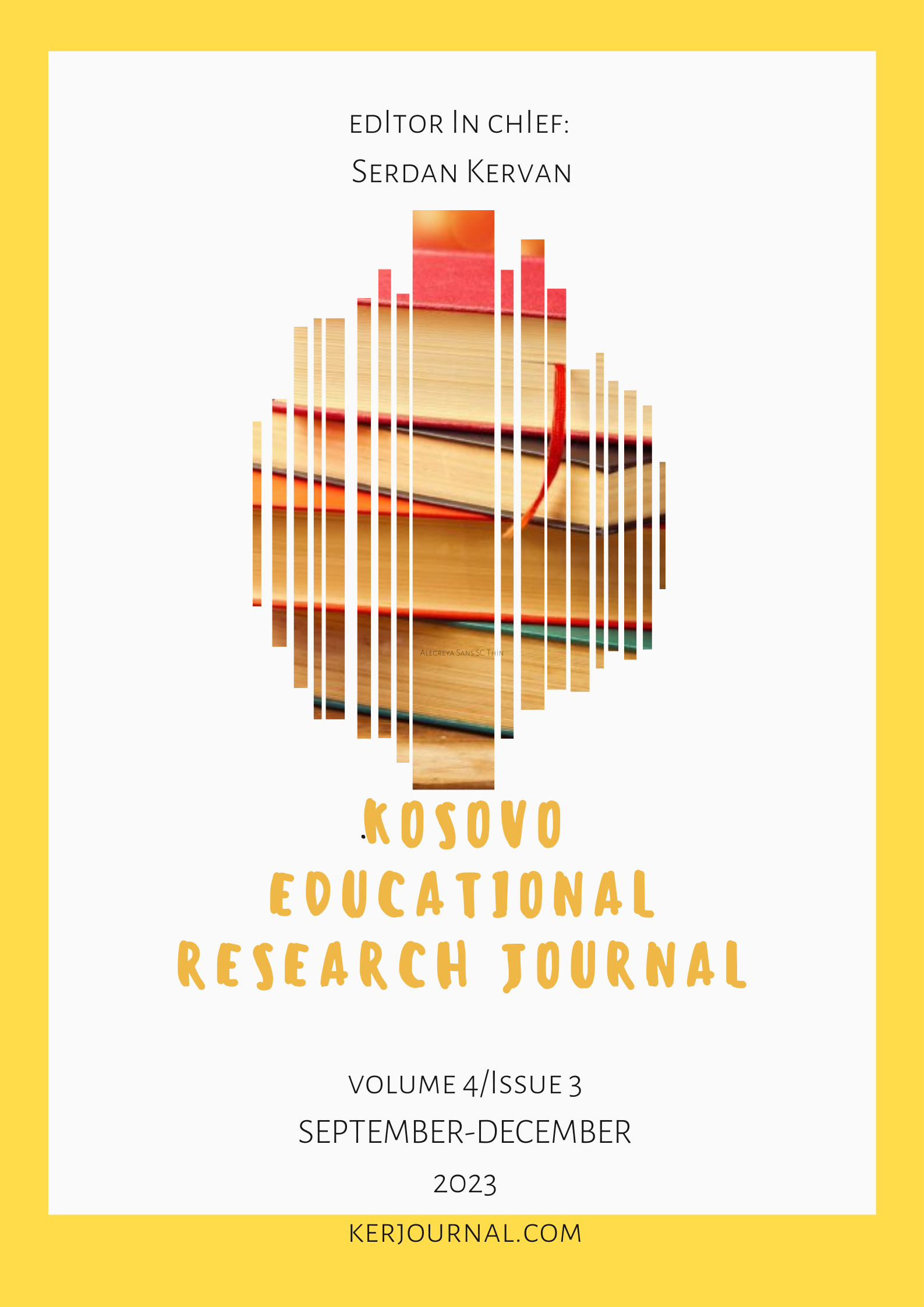Teacher Perceptions of the Barriers to Learning for Pupils with Special Educational Needs and Disabilities in Kosovo
Author :
Abstract
Keywords
Abstract
Kosovo’s government recognizes that children with Special Educational Needs and Disabilities (SEND) have a right to education, yet these children face significant challenges. This project uses teacher perception to identify the barriers to learning for children with SEND, then suggests ways to remove them. Children have the right to be educated in a mainstream school (alongside their peers or in a separate classroom) or in a special school. Using a pragmatic paradigm, questionnaires were distributed at a mainstream primary school (with a separate class for those with SEND) and a special school. A semi-structured interview was also carried-out. This project found that class size, a lack of accurate diagnoses, low attendance rates, poor resourcing, a lack of additional adults, and inadequate teacher training were perceived to be barriers to learning for those with SEND. Problems with the building were raised in the special school; problems with Individual Education Plans (IEPs) and teaching conditions were raised in the mainstream school. Intervention is, therefore, needed at national*, municipal and school levels to ensure appropriate training, resourcing and staffing, alongside improvements to the diagnostic process.





